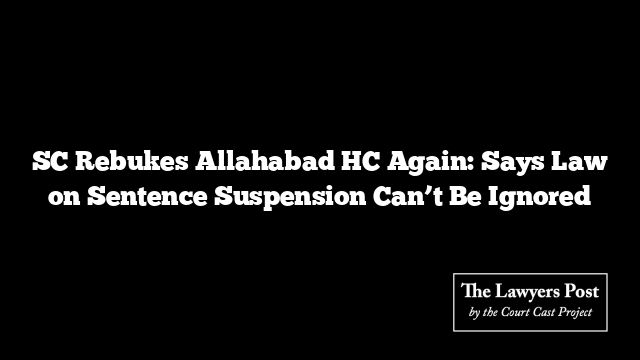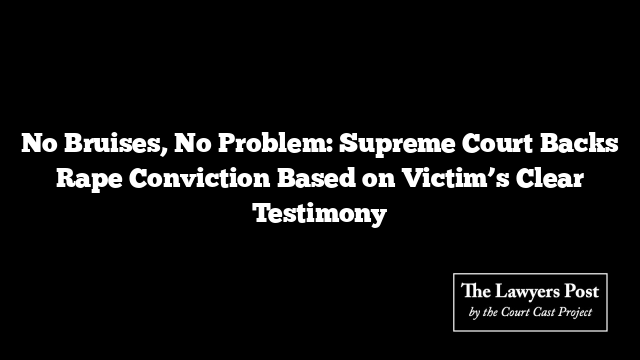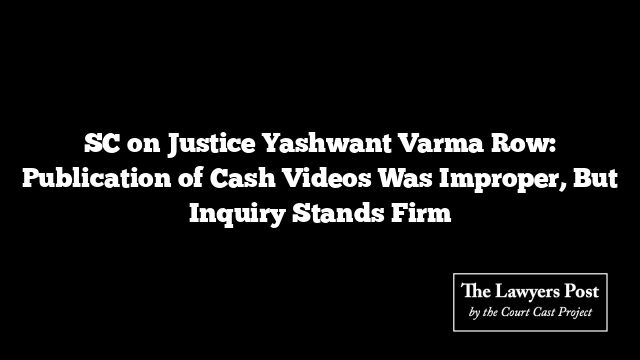The Supreme Court has once more taken issue with an order from the Allahabad High Court, setting it aside for failing to apply well-established legal principles on suspending a fixed-term sentence.
A bench of Justices J.B. Pardiwala and R. Mahadevan remarked that the case was yet another instance of the High Court overlooking settled law, particularly the 1999 ruling in Bhagwan Rama Shinde Gosai v. State of Gujarat. That precedent makes it clear: when a convict receives a fixed period of imprisonment and files an appeal, suspension of sentence should generally be granted unless there are exceptional reasons not to.
Calling the approach “disappointing,” the bench said such mistakes arise when courts skip the essential sequence — first understanding the subject-matter, then the core issue, then the plea — before applying the correct legal yardstick.
The matter concerned a man convicted under the POCSO Act, the IPC, and the SC/ST Act, sentenced to four years’ rigorous imprisonment with concurrent terms. His plea for suspension under Section 389 CrPC was rejected by the High Court solely because the offence was deemed “heinous,” without weighing it against established law.
The Supreme Court found that instead of assessing the plea in this context, the High Court merely repeated the prosecution’s case and evidence. The order was quashed, and the matter sent back for a fresh hearing, with a direction to decide within 15 days. The apex court emphasised that for fixed-term sentences, suspension should be the norm unless compelling circumstances show that release would harm public interest.
The rebuke comes on the heels of another recent Supreme Court censure of the Allahabad High Court, where the same bench had even asked the Chief Justice to stop assigning criminal cases to a particular judge over flawed reasoning in a separate matter.





